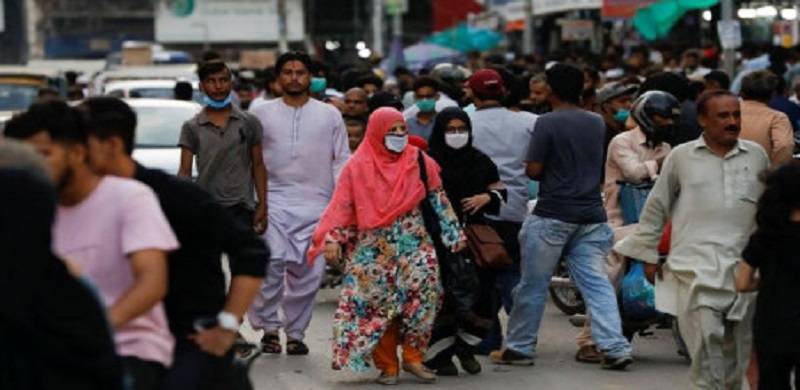
At least 11 per cent Pakistanis have developed antibodies against coronavirus, according to a study that was conducted in 25 cities of the country.
This was revealed in the 'National Seroprevalence Study' that was started in July this year by the Health Services Academy in collaboration with multiple partners, including Aga Khan University, and with technical support from the World Health Organisation (WHO).
“The seropositivity was more in urban areas compared to rural areas; similarly those who had contact with Covid-19 positive person were more likely to have antibodies in their blood,” the study quoted by Dawn stated.
According to the study, the population that resides in urban areas and people up to middle age have better immunity against the contagion, whereas elderly people and population of the rural areas were more prone to the second wave of the infection.
The study said that young adults contracted the virus more than any other segment of the population. Furthermore, it was also found out in the study that the use of mask and frequent hand-washing in July was up to approximately 60pc and 70pc of population, respectively.
The study recommended that there was a need for enhanced sentinel site surveillance and ramping up of health facilities for Covid-19 treatment particularly in rural districts that have low immunity rates.
This was revealed in the 'National Seroprevalence Study' that was started in July this year by the Health Services Academy in collaboration with multiple partners, including Aga Khan University, and with technical support from the World Health Organisation (WHO).
“The seropositivity was more in urban areas compared to rural areas; similarly those who had contact with Covid-19 positive person were more likely to have antibodies in their blood,” the study quoted by Dawn stated.
According to the study, the population that resides in urban areas and people up to middle age have better immunity against the contagion, whereas elderly people and population of the rural areas were more prone to the second wave of the infection.
The study said that young adults contracted the virus more than any other segment of the population. Furthermore, it was also found out in the study that the use of mask and frequent hand-washing in July was up to approximately 60pc and 70pc of population, respectively.
The study recommended that there was a need for enhanced sentinel site surveillance and ramping up of health facilities for Covid-19 treatment particularly in rural districts that have low immunity rates.
